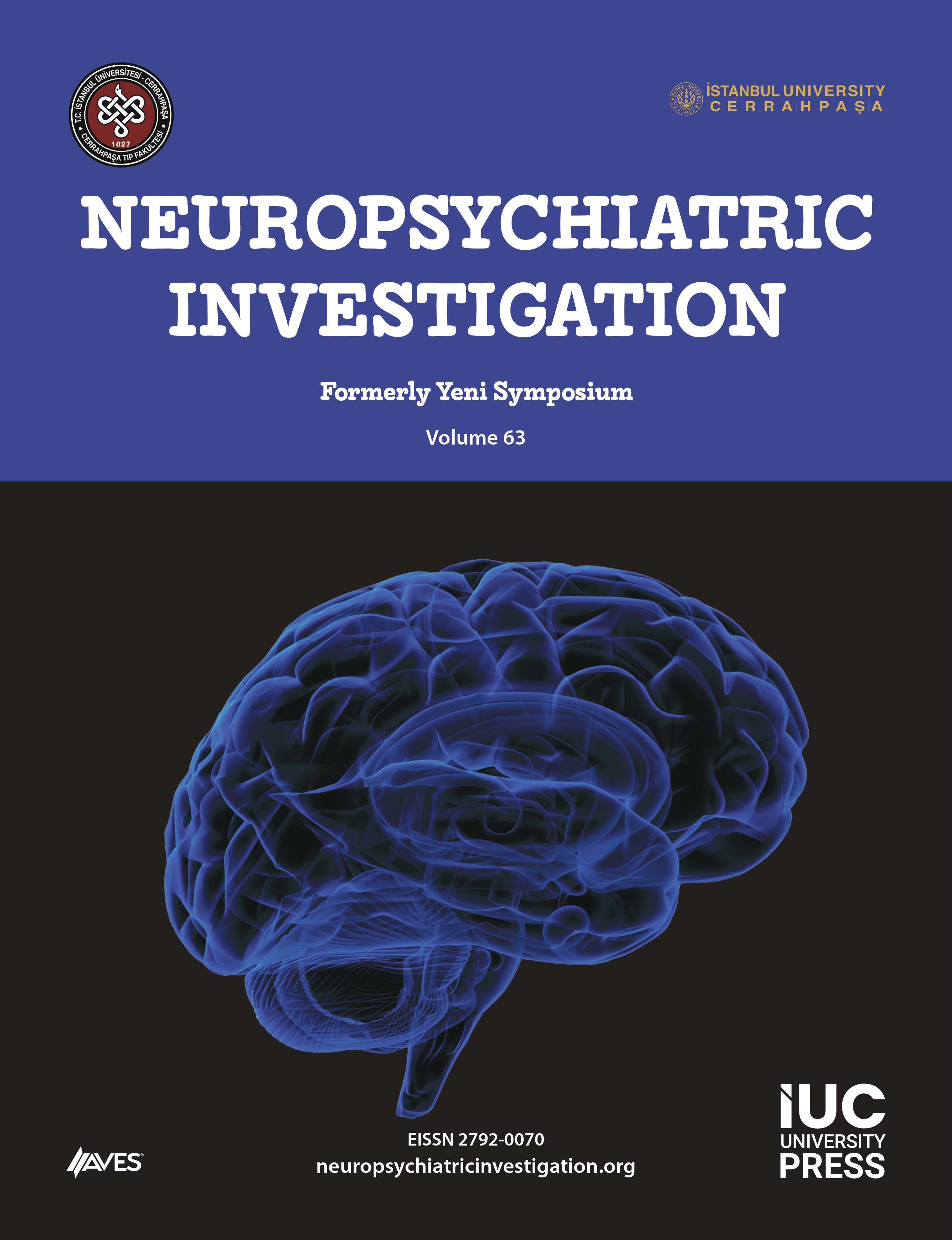Objective: The purpose of this study was to investigate the effect of pandemic conditions on the mental problems of pre-school age children.
Methods: The file data of pre-school age children (aged 72 months or less) presenting to a child and adolescent psychiatry clinic between March 30, 2020, and March 30, 2021, were examined retrospectively.
Results: Boys constituted 67.9% of the 249 children included in the study, and girls 32.1%. The youngest patient was aged 5 months, and the oldest, 72 months. The mean age of the entire patient group was 42.82 ± 14.84 months. Mean age among boys was 42.44 ± 15.06 months, and mean age among girls was 43.61 ± 14.43 months (P = .561). Presentation symptoms frequently involved neurodevelopmental problems. Analysis showed that 76.7% of cases were not attending any educational institution. At least one diagnosis based on DSM-5 diagnostic criteria was present in 83.5% of cases. The most frequent diagnoses were general developmental delay (22.1%), developmental language disorder (16.5%), autism spectrum disorder (ASD) (14.5%), attention deficit hyperactivity disorder (11.6%), and childhood-onset fluency disorder (stuttering) (7.6%). Gender comparisons showed that ASD was significantly more common in boys than in girls (P = .004).
Conclusion: The results of this study indicate a higher rate of diagnosis than in studies performed before the pandemic. In addition, presentations due to certain neurodevelopmental disorders seen more frequently in boys also increased among girls during the pandemic. Our study results will be useful in guiding the development of protective mental health services for pre-school children.
Cite this article as: Kılıçaslan F, Bakırcı B, Ayaydın H, Kütük MÖ. The Effects of the COVID-19 Pandemic on Pre-School Age Children: A Retrospective Study. Neuropsychiatr Invest. 2022;60(2):32-37.




.png)